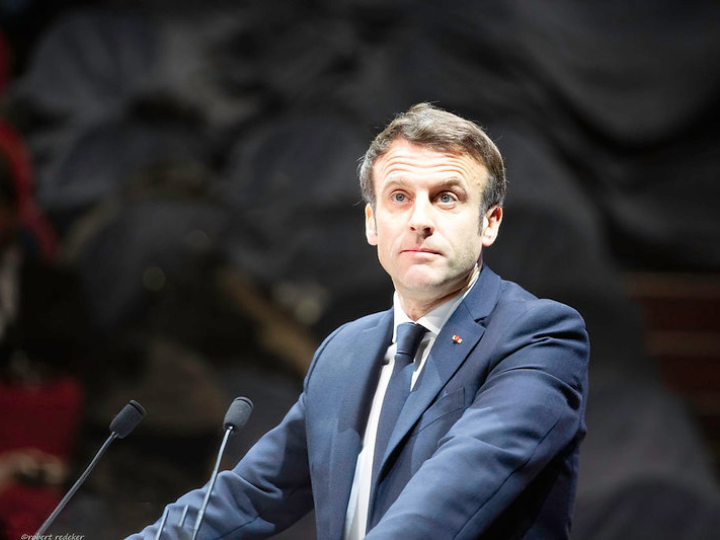N. Peter Kramer’s Weekly Column
Germany’s Chancellor Olaf Scholz announced a new €200 billion gas subsidy fund that will benefit big and small companies in his country. Scholz claims to champion a government that ‘leaves no one behind’. In Brussels, France and Italy already protested loudly, with commissioners Thierry Breton (France) and Paolo Gentiloni (Italy) breaking ranks to cry foul about the mega-fund.
Member states are shocked by Scholz’s going alone approach to tackling the gas price crisis. Critics argue that the German subsidy plan has not been thought through to consider certain consequences as the impact on EU solidarity or how the measure would incentivise saving natural gas. According to Politico, one EU official even said: ‘Germany has shown a big middle finger to the rest of the EU with this package. It has really raised the temperature with the other countries’.
Germany’s image as a member state that favours budgetary discipline and minimum state intervention has suffered. It looks like Berlin appears to have one rule for itself and another one for others. The German going alone approach can also becoming a problem for European Commission President Ursula Von der Leyen, who until now played Berlin’s game by refusing to put forward a proposal for an EU-wide gas price cap.
In a letter Commissioners Breton and Gentiloni wrote : ‘It is more important than ever that we avoid fragmenting the internal market, setting up a race for subsidies and calling into question the principles of solidarity and unity that underpin our European project’. Is it a difficult choice : solidarity with the European project or to leave your voters out in the cold? The German Liberals and Greens were on his side, when the Socialist Scholz made his choice.






